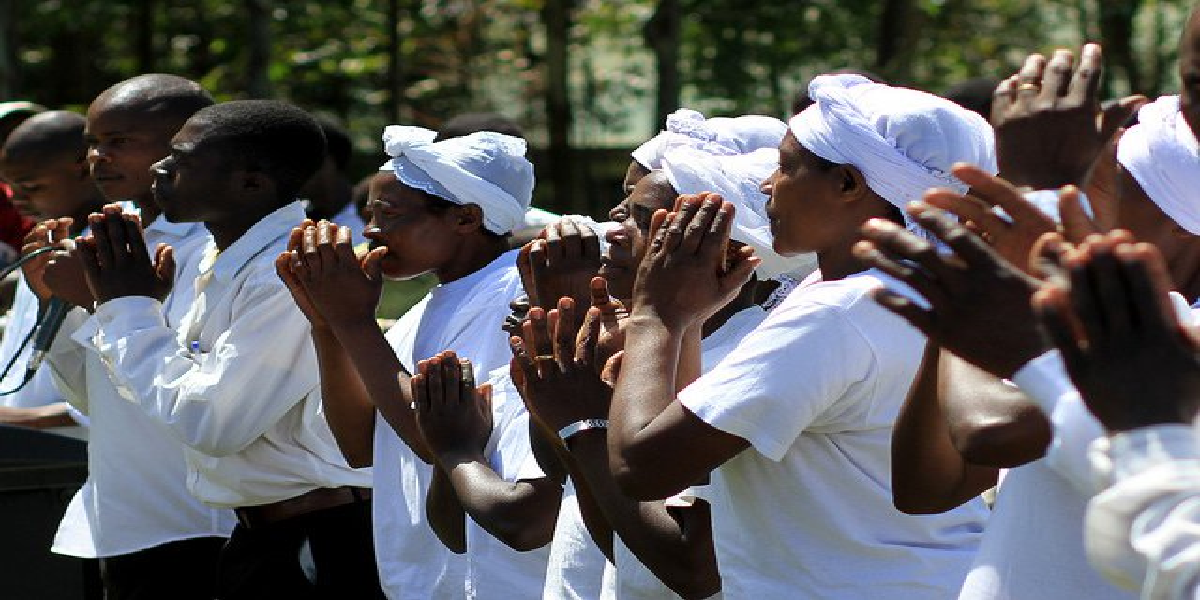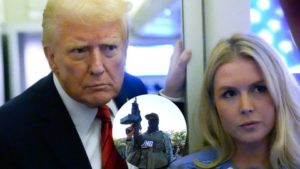Stereotypical beliefs about people based on their tribe, religion, or financial background contribute to discrimination. We may find ourselves subjected to discrimination based on these stereotypes, often without our awareness.
There is a standing traditional practice in the country; when we get to high school, we are taken to a school where our tribe is the predominant attendee. When taken to a school where you are of a different tribe, there is a tendency to feel out of place and sometimes even discriminated against.
The discrimination arises from unexpected sources — the teachers. A friend recounted how teachers would refer to him by his tribe instead of his name.
Religion often bears the weight of stereotypes, impacting faiths like Christianity, Islam, and Hinduism. In many cases, it can serve as a means of insult, with individuals attempting to provoke others by invoking negative stereotypes linked to their beliefs.
Stereotypes can be either positive or negative. Somalis are often stereotyped as being loving and supportive of one another. The Kisi people are stereotyped as intelligent, while the Kikuyu people are stereotyped as being skilled in business.
It’s important to acknowledge both the positive and negative aspects of our identity. Intellectual thinking plays a crucial role in understanding an individual’s character. Each person behaves in a unique manner, which is not necessarily connected to their religion or tribe.
I am a member of the Kikuyu community. Unfortunately, there is a misconception that individuals from our community are involved in dishonest practices and only prioritize their own interests. This misconception creates challenges for me when I, as an individual from the community, want to pursue business opportunities.
As society evolves, new generations are rejecting tribal and religious stereotypes.
















